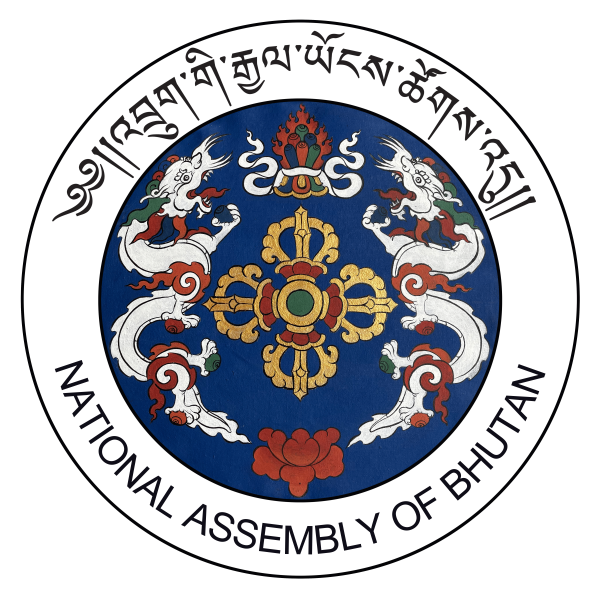
Economics and Finance Committee presents the Review Report on the13th Five-Year Plan (FYP )
The Chairperson of the Economic and Finance Committee (EFC), the Member of Parliament from Bartsham-Shongphu constituency, presented the review report on the 13th FYP along with nine specific and one general recommendations. The 13 FYP aims to transition Bhutan to a high income GNH economy by 2034 following its recent graduation from Least Developed Country status.
The EFC's report emphasized the plan's holistic approach across four strategic clusters - economic, social, security, and governance - to ensure sustainable development and continuity. Developed through extensive consultations since December 2022 with government clusters and local administrations, the plan prioritizes coherence and synergy among development initiatives.
The EFC submitted a total of 10 recommendations on the 13 FYP mainly, concerning resource allocation formula, such as the use of uniform criteria for Dzongkhags, Thromdes, and Gewogs, proposed reducing the weightage of the GNH Index in allocation formulas, and suggested avoiding the use of standard deviation due to potential disparities in resource distribution.
In response, the Minister of Finance cautioned that eliminating standard deviation could widen budget gaps and inequities among regions. Similarly, the Minister for Infrastructure and Transport and the Minister of Industry, Commerce and Employment supported maintaining standard deviation to ensure equitable resource distribution based on population and need. However, some members felt that the use of standard deviation could lead to regional disparities and its associated challenges.
The EFC’s findings underscored concerns such as rural depopulation trends (satong and gungtong), prompting calls for targeted strategies to address these challenges. The Committee urged revisions to resource allocation frameworks to ensure fairness across regions, advocating for a uniform criteria and reduced reliance on the GNH Index. Furthermore, the Committee stressed sector-specific resource allocations to enhance transparency and optimize fund utilization. Recommendations included dedicated funding for human resource development and research and development to drive sustainable growth and innovation. The EFC proposed developing a detailed Human Development Master Plan with increased allocation from 0.81% (Nu.2 billion) to 2% (Nu.4.9 billion) of the outlay in the 13th FYP to address human resource shortages.
The Committee also recommended the inclusion of the Economic Stimulus Plan (ESP) within the fiscal framework, aligning with Bhutan's strategic economic partnerships and growth forecasts.
The deliberation on the recommendation of the EFC on the 13 FYP will be continued tomorrow and the House directed the Committee to submit detailed data on the resource allocations at the Gewog and Dzongkhag levels based on the changes in the allocation criteria.




